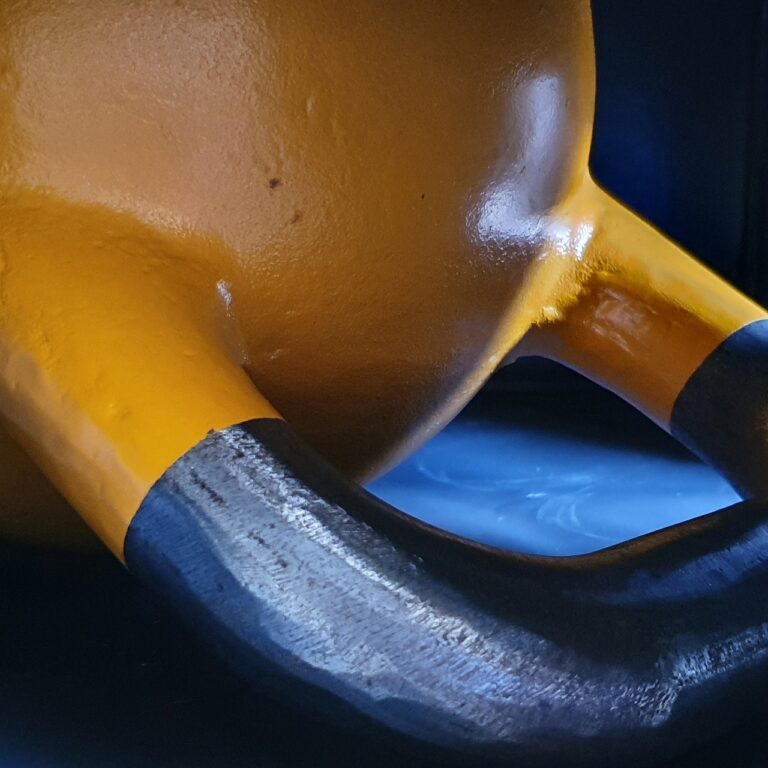Harnessing Synthetic Biology for Sustainable Construction Materials: Golden exchange id, Cricbet99 register, King casino 567
golden exchange id, cricbet99 register, king casino 567: In recent years, the field of synthetic biology has shown great promise in revolutionizing various industries, including construction. By harnessing the power of biology to design and engineer new materials, researchers are exploring innovative ways to create sustainable construction materials that are not only eco-friendly but also cost-effective.
Whether it’s developing self-healing concrete or biodegradable insulation, synthetic biology has the potential to transform the way we build our homes, offices, and infrastructure. Let’s explore how this technology is shaping the future of construction materials.
Designing materials at the molecular level
One of the key advantages of synthetic biology in construction is the ability to design materials at the molecular level. By manipulating the genetic code of organisms, scientists can engineer microorganisms to produce specific building blocks and materials that are tailored to meet the needs of the construction industry. This level of precision allows for the creation of advanced materials with enhanced properties, such as increased strength, durability, and flexibility.
Self-healing materials
One of the most exciting applications of synthetic biology in construction is the development of self-healing materials. Through the use of engineered microorganisms, researchers are working on creating materials that can repair themselves when damaged, reducing the need for costly repairs and maintenance. Imagine a concrete slab that can automatically fill in cracks and holes or a roof that can fix leaks on its own – the possibilities are endless.
Biodegradable materials
Another area where synthetic biology is making a significant impact is in the development of biodegradable construction materials. By using bio-based polymers and other sustainable materials, researchers are creating alternatives to traditional building materials that are not only more environmentally friendly but also easier to dispose of at the end of their lifecycle. This is particularly important as the construction industry looks for ways to reduce its carbon footprint and move towards a more circular economy.
FAQs
1. What are the benefits of using synthetic biology in construction materials?
Synthetic biology allows for the design of materials with enhanced properties, such as self-healing capabilities and biodegradability. These materials are not only more sustainable but also offer cost savings in the long run by reducing maintenance and repair costs.
2. Are synthetic biology-based materials safe for use in construction?
Researchers are rigorously testing and evaluating the safety of synthetic biology-based materials to ensure that they meet industry standards and regulations. As with any new technology, safety is a top priority in the development of these materials.
3. How soon can we expect to see synthetic biology-based materials in the market?
While some synthetic biology-based materials are already in the testing phase, it may take a few more years before they become widely available in the market. The technology is still in its early stages, but the potential for sustainable construction materials is promising.
In conclusion, synthetic biology holds great potential for revolutionizing the construction industry by creating sustainable materials that are not only environmentally friendly but also offer advanced properties and benefits. As researchers continue to explore the possibilities of this technology, we can expect to see a new era of innovation in construction materials that will help address the challenges of building a more sustainable future.







